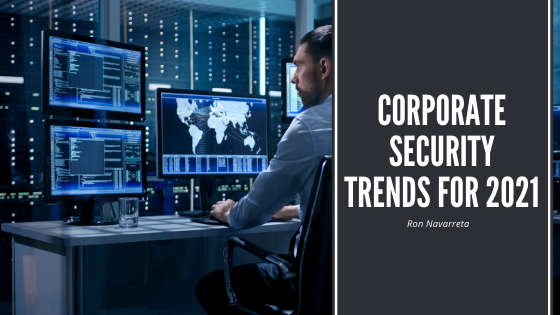In addition to the socioeconomic and healthcare effects of COVID, the pandemic’s urgency and speed also caused the acceleration of many disruptions in technology. Even though life appears to be returning to normal, one of the biggest challenges in 2021 and beyond will be protecting data and corporate networks’ integrity.
As mass rollouts of vaccines continue to help society ease back into a sense of semi-normalcy, there will still be a large portion of the workforce at home. This trend is likely to continue on an as-needed basis, depending on whether corporations want to pay for brick-and-mortar structures in 2021. Some businesses will decide that it’s better to let leases expire and save on building costs like rent and maintenance, as well as cut out employee snack and coffee allowances for the office.
Of course, the drawback to having employees work from anywhere is that many use their own hardware and their own network security protocols. Depending on the industry, this might not be enough to handle client or employee information securely. The hastiness of the reactionary position that many were put in prevented a tactical plan for social distancing and secure, remote locations. A robust strategy is going to be essential moving forward.
Another trend will be a zero-tolerance method of preventing attacks from progressing beyond the point of entry. By having continuous verification, even if an attacker breaks through one machine, they will be stopped at the next one because they won’t have the proper credentials. Other approaches will include innovative collaborations with antiviral companies like Kaspersky and heuristic algorithms. Together, they will be able to detect threats before they can cause harm, based solely on AI-monitored data behavioral patterns.
Other trends that will emerge are human-oriented. The workforce of 2021 will be more informed about the dangers of unsecured networks and cyber threats in general. There will also be an increased need for people to work in the cybersecurity industry. This will prompt expedited training methods for cyber positions rather than waiting for advanced multi-year degree candidates. Less emphasis will be placed on career status, and more will be on capable individuals.
Cloud-based security is also going to be more robust as companies shift to more cloud-based storage. Enterprises will be able to customize the controls for their needs to maximize protection.

